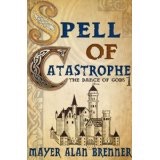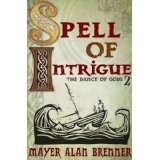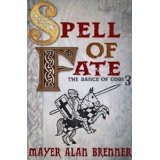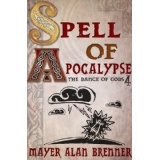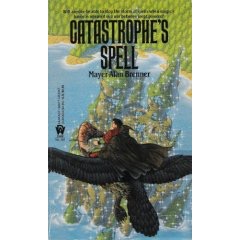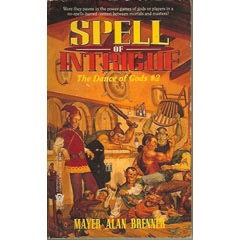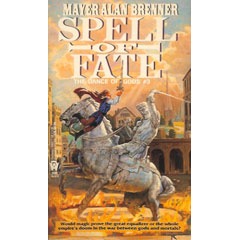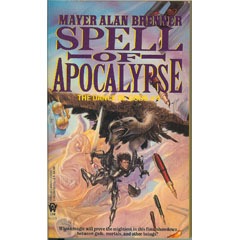In this chapter, a central theme of the whole series is starting to raise its eye out of the ooze. I had been thinking through the biological and cellular link to magic for some time before the plot began to precipitate out.
Another theme that intersects with the first is on display here as well, at least in an initial foggy hinted form. One of the main reasons for having a group of characters running around, some even aligned with each other, is to have their goals conflict and collide, producing trouble of a scale that none of them would have anticipated. If they could have anticipated this, they would have been appalled - but then the only place that plots often seem to run on rails is in works of fiction. In a way, the cast of protagonists in The Dance of Gods are designed to be fully qualified to address the challenges they face ... but even people who are super-competent and well grounded, with an accurately jaundiced view of their world and the best of motives, can still screw up. Or can find that events are bigger than their ability to control them.
To talk again about a literary progenitor who expresses a good illustration of what I'm thinking of here - and of whom I am typically in awe - how about Richard Stark




